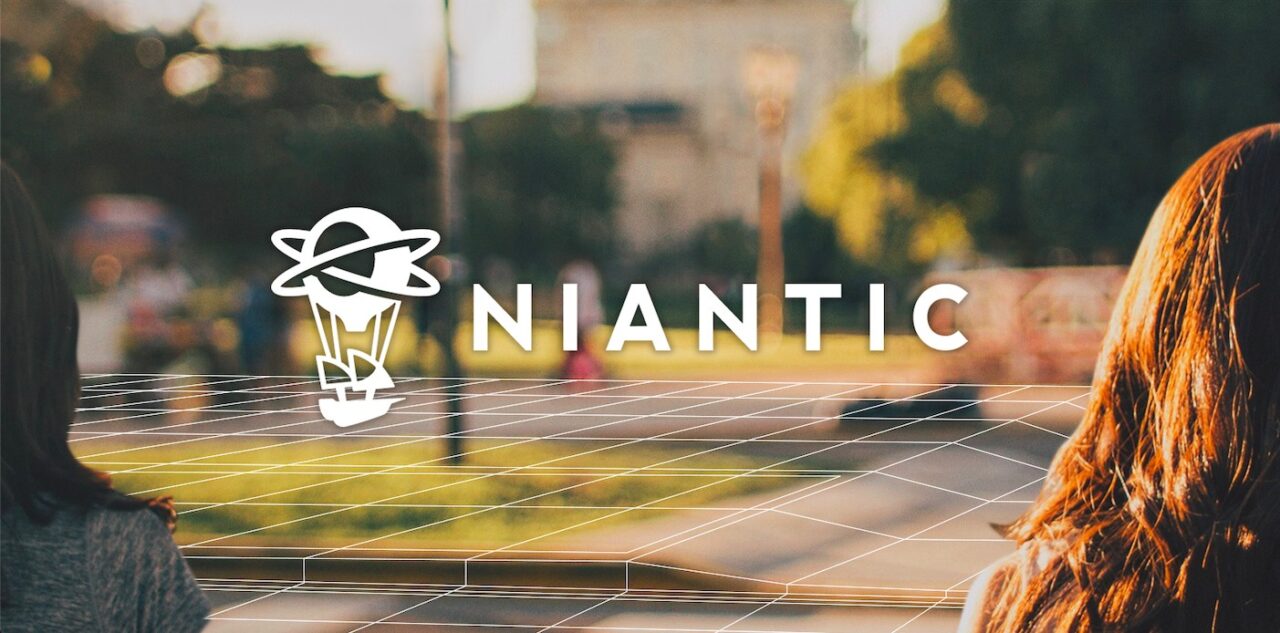The metaverse is the next big thing in the field of business, as after Meta’s decision to invest massively in the “post-universe”, more and more companies, Startup and non-Startup, turn their interest to the undeniable possibilities of new technology. In this context, Niantic, the augmented reality platform behind games such as Pokemon GO, “raised” 300 million dollars from Coatue, with the company’s value now approaching 9 billion dollars. The San Francisco-based startup, launched by Google, said it aims to leverage the new funds to create the “first metaverse for the real world.”
It is worth noting, of course, that Niantic differs significantly from other companies involved in the metaverse, such as Meta (formerly Facebook), as instead of investing in VR, the American Startup wants to develop technology that will enhance people’s contacts in the real world. Typical is the statement of Niantic’s founder and CEO, John Hanke, who in August described the metaverse based on VR headsets as a “dystopian nightmare”. In early November, the company unveiled an innovative developer kit, which enables the development of AR games to everyone and completely free of charge. A prerequisite is only a basic knowledge of the Unity game console.
“At Niantic, we believe people will become happier when their digital world takes them to the real. Unlike a metaverse that verges on science fiction, a meta-universe with implications for the real world will use technology to improve the way we have been empirically experiencing the world for thousands of years,” said John Hanke, referring to the company’s vision.
Niantic initially decided to emphasize augmented reality projects instead of VR. Since the technology required for a holistic virtual reality experience is not yet accessible to a large portion of the population, the Startup plans to take advantage of smartphones by encouraging users to explore their surroundings. A first attempt in this direction was Pokemon GO, which proved to be particularly popular among young people.


